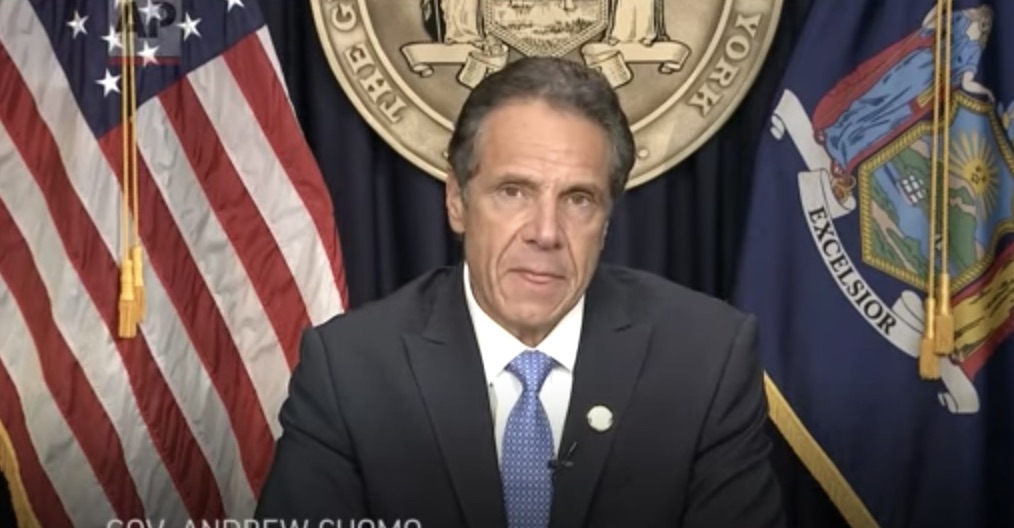On Thursday morning, at around 6 AM, federal agents conducted an early morning raid at Gracie Mansion, the official residence of New York City Mayor Eric Adams. Just before that, on Wednesday, Adams was indicted by the federal government on charges of corruption.
This action is part of an ongoing investigation into allegations of foreign influence and campaign finance irregularities related to the mayor’s 2021 campaign. The raid resulted in the seizure of electronic devices and has been a topic of intense media coverage and public interest. Legal experts suggest that such a raid indicates a serious level of concern by federal authorities regarding potential evidence of wrongdoing and brings Adams much closer to a voluntary or forced resignation.
Speculation is running rampant as to what the next moves would be. As per the New York City Charter, a clear line of succession would initially place the Public Advocate, currently Jumaane Williams, as the acting mayor until a special election could be held. The Comptroller, Brad Lander, would be next in line if the Public Advocate were unable to serve. This process ensures a continuity of governance even amidst political upheaval.
Amidst this backdrop, there have been discussions about former New York Governor Andrew Cuomo’s potential interest in the mayoral role. Cuomo, who resigned in 2021 amid a series of allegations, has been a subject of polls and surveys as a leading candidate in the event of a special election. His experience as governor and the name recognition he holds could make him a significant contender in such a scenario.

However, political comebacks are fraught with challenges, and Cuomo’s path to the Mayoral office, requires not only public support but also the navigation of the city’s intricate political landscape. The relationship between the state’s governor and the city’s mayor has always been fraught with tension and friction and Cuomo did not make many friends in the city’s administration while he was the governor.
The historical feud between then-Mayor Bill de Blasio and then-Governor Andrew Cuomo was marked by public disagreements and policy clashes. Their disagreements spanned a range of issues, from the funding of the subway system to responses to public health crises, highlighting the difficulties in aligning city and state policies.
In the wake of numerous allegations of sexual harassment, which were substantiated by an investigation conducted by the state’s Attorney General, there was a groundswell of calls for his resignation from various quarters, including prominent figures within his own party and public officials. The situation was further compounded by a report from the Attorney General that corroborated the allegations made by several women, leading to an almost immediate increase in political pressure for Cuomo to step down.
While it’s a truism that the public has a short memory, it would not be surprising to find that Cuomo’s name has been irrevocably tarnished by the scandal which occurred at the peak of the #MeToo movement. His path to regaining political office is uncertain as his political base appears limited. A Marist Poll revealed that 77% of adults do not wish to see him run again, with his support not even reaching 30% among New York City and non-white voters. These findings suggest a significant shift in public opinion, reflecting the challenges Cuomo would face in any future electoral endeavors, whether that be as governor or mayor.












